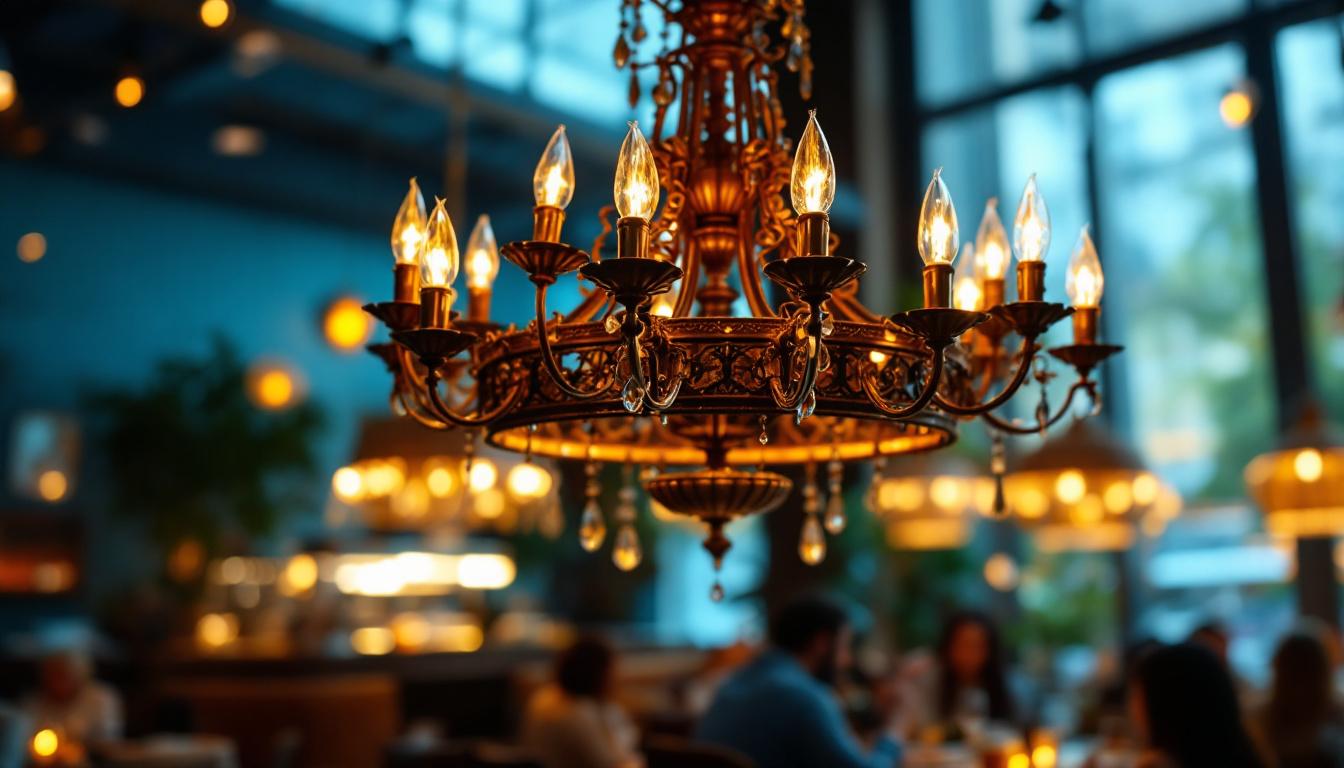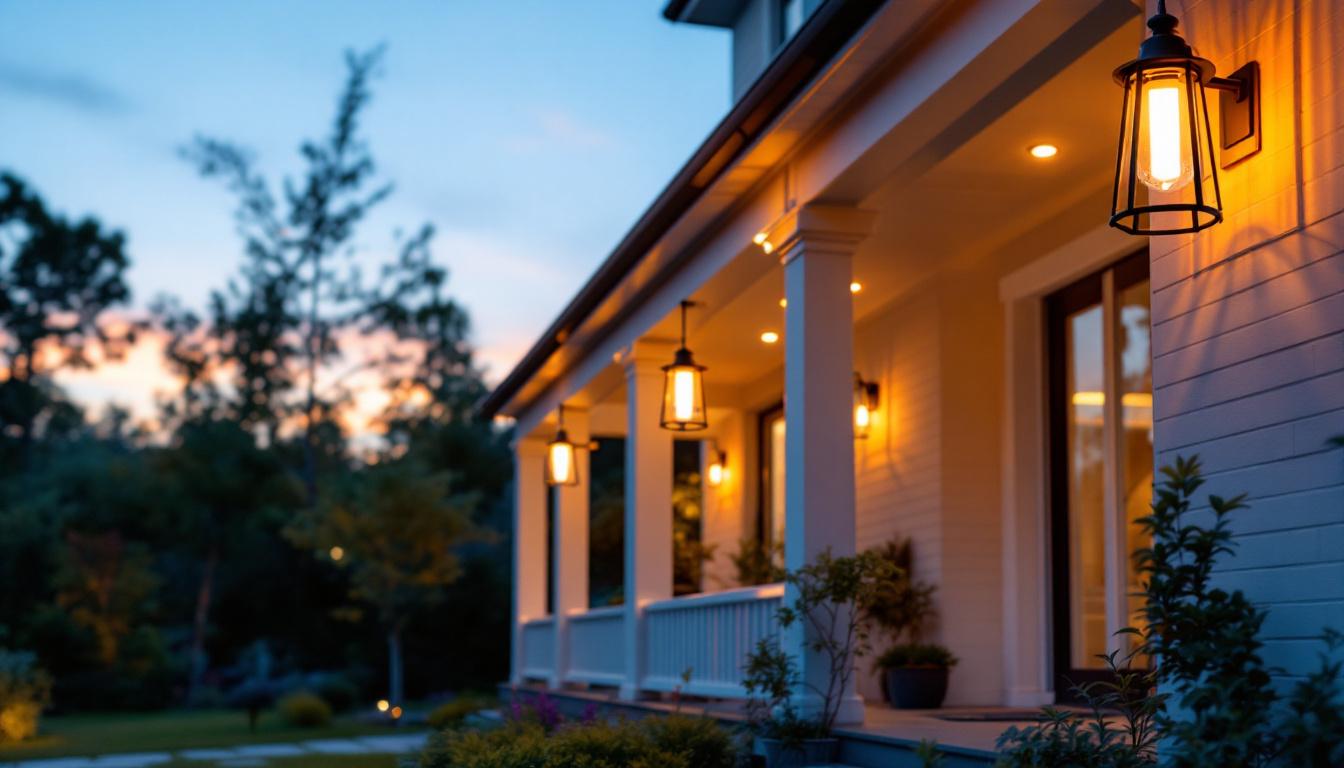
In the ever-evolving world of lighting design, light panels have emerged as a versatile solution for various applications. These innovative lighting fixtures offer a blend of aesthetics and functionality, making them a popular choice among lighting contractors. This guide aims to provide essential insights into light panels, covering their types, benefits, installation tips, and maintenance practices.
Light panels, often referred to as LED panels, are flat lighting fixtures that emit uniform light across a surface. They are commonly used in commercial, residential, and industrial settings. The sleek design of light panels allows them to blend seamlessly into ceilings, walls, and other surfaces, providing a modern and minimalist look. Their lightweight construction makes installation straightforward, and many models are designed to be easily mounted or recessed, further enhancing their aesthetic appeal.
There are several types of light panels available in the market, each designed to meet specific lighting needs. Understanding these types is crucial for contractors looking to recommend the best solutions to their clients.
The versatility of light panels makes them suitable for a wide range of applications. From office spaces to retail environments, their adaptability is one of their strongest selling points.
In office settings, light panels can be used to create a well-lit environment that enhances productivity. Their ability to reduce glare and provide even illumination helps in minimizing eye strain. Additionally, the use of daylight-mimicking LED technology in light panels can contribute to improved mood and focus among employees, making them an excellent choice for modern workplaces.
Retail spaces benefit from light panels by highlighting products effectively, creating an inviting atmosphere for customers. The adjustable brightness and color temperature options allow store owners to tailor the lighting to match seasonal displays or promotional events, thereby enhancing the shopping experience. Moreover, light panels can be employed in residential settings, such as kitchens and living rooms, where they add a contemporary touch while providing essential lighting. Their energy efficiency also appeals to homeowners looking to reduce electricity costs. In spaces like home theaters, the ability to dim or change the color of light panels can create the perfect ambiance for movie nights, making them a versatile addition to any home.
Light panels offer numerous advantages that make them an attractive option for lighting contractors and their clients. Understanding these benefits can help contractors make informed recommendations.
One of the most significant benefits of light panels is their energy efficiency. Compared to traditional lighting solutions, LED panels consume significantly less power while providing the same or even greater light output. This efficiency translates into lower energy bills, making them an economically viable option for both commercial and residential spaces.
Additionally, many light panels have a long lifespan, often lasting up to 50,000 hours or more. This longevity reduces the frequency of replacements, further contributing to cost savings over time. As a result, businesses can allocate their budgets more effectively, investing in other areas of growth rather than recurring lighting expenses. Furthermore, the reduced need for replacement bulbs also means less waste, making light panels a more environmentally friendly choice.
Light panels are available in various shapes, sizes, and colors, allowing for a high degree of design flexibility. Contractors can choose from square, rectangular, or custom shapes to fit the specific requirements of a project. This adaptability enables seamless integration into different architectural styles, enhancing the overall aesthetic appeal of a space.
Furthermore, the ability to customize lighting settings with smart light panels provides an additional layer of flexibility. Contractors can offer clients tailored solutions that meet their specific lighting needs and preferences. For instance, programmable settings can adjust the brightness and color temperature throughout the day, simulating natural light patterns and creating a more dynamic environment. This feature is particularly beneficial in settings such as schools or healthcare facilities, where varying light conditions can support different activities and enhance well-being.
The quality of light emitted by light panels is another key advantage. Unlike traditional lighting, which can create harsh shadows and uneven illumination, light panels provide a soft, diffused light that enhances visibility without causing glare. This quality is particularly important in environments where precise tasks are performed, such as in offices or workshops.
Moreover, many light panels are designed to mimic natural daylight, which can positively impact mood and productivity. This feature can be a significant selling point for contractors when discussing options with clients. In addition to boosting morale, studies have shown that exposure to natural light can improve focus and reduce eye strain, making light panels an excellent choice for long-term workspaces. The ability to create a well-lit environment that promotes health and efficiency can be a game-changer in attracting clients who prioritize employee well-being and performance.
Proper installation of light panels is crucial to ensure optimal performance and longevity. Contractors should be aware of several key considerations during the installation process.
Light panels can be mounted in various ways, including recessed, surface-mounted, or suspended installations. The choice of mounting method will depend on the specific application and the design of the space.
Recessed installations provide a clean, integrated look, making them suitable for modern interiors. Surface-mounted options are ideal for spaces with limited ceiling height, while suspended installations can add a unique design element to a room. Contractors should assess the project requirements and client preferences when selecting the appropriate mounting method. Furthermore, it’s essential to consider the aesthetic impact of the chosen mounting style; for instance, suspended panels can create a dramatic effect in larger spaces, allowing for creative lighting designs that enhance the overall ambiance.
Before installation, it is essential to evaluate the electrical requirements of the light panels. Most LED panels operate on low voltage, which may necessitate the use of transformers or drivers. Contractors should ensure that the existing electrical infrastructure can support the new lighting system.
Additionally, proper wiring and connections are vital for safety and functionality. Contractors should follow local electrical codes and regulations to ensure compliance and avoid potential issues. It’s also advisable to consider energy efficiency; using dimmable drivers or smart controls can significantly reduce energy consumption and extend the lifespan of the panels. By integrating these technologies, contractors can provide clients with a more sustainable lighting solution that not only meets their needs but also contributes to lower utility bills.
Once installed, it is crucial to test the light panels to ensure they function as intended. Contractors should check for uniformity of light distribution, color temperature, and any flickering issues. Calibration may be necessary, especially for smart light panels that require setup through a mobile application.
Taking the time to thoroughly test and calibrate the lighting system can prevent future complaints and enhance client satisfaction. Moreover, documenting the testing process can serve as a valuable reference for future maintenance or troubleshooting. Providing clients with a brief overview of how to adjust settings or troubleshoot common issues can empower them and foster a sense of confidence in their new lighting system. This proactive approach not only enhances the user experience but also builds trust in the contractor’s expertise and commitment to quality service.
While light panels are designed for longevity, regular maintenance is essential to ensure they continue to perform optimally. Contractors should advise clients on best practices for maintaining their lighting systems.
Dust and debris can accumulate on the surface of light panels, affecting their brightness and overall performance. Regular cleaning is recommended to maintain optimal light quality. Contractors can suggest using a soft, damp cloth to gently wipe the surface, avoiding harsh chemicals that could damage the panel.
Additionally, it is important to check for any signs of wear or damage during routine maintenance. If any issues are detected, such as flickering lights or discoloration, contractors should recommend prompt repairs or replacements to avoid further complications.
The lighting industry is continuously evolving, with new technologies emerging regularly. Contractors should stay informed about advancements in light panel technology, such as improved energy efficiency or enhanced smart features. Upgrading to newer models can provide clients with better performance and additional benefits.
Encouraging clients to consider upgrades can also enhance their overall satisfaction with their lighting systems, positioning contractors as knowledgeable and reliable professionals in the field.
Light panels represent a significant advancement in lighting technology, offering a blend of efficiency, aesthetics, and versatility. For lighting contractors, understanding the various types, benefits, installation considerations, and maintenance practices associated with light panels is essential for providing exceptional service to clients.
By staying informed about the latest trends and technologies in light panels, contractors can position themselves as experts in the field, ultimately leading to increased client satisfaction and business success. Whether working on commercial projects or residential installations, light panels can be a valuable addition to any lighting contractor’s repertoire.
In conclusion, embracing the potential of light panels not only enhances the quality of lighting solutions but also contributes to a more sustainable and visually appealing environment for clients. As the demand for innovative lighting solutions continues to grow, contractors who adapt to these changes will thrive in the competitive landscape of the lighting industry.
Ready to elevate your lighting projects with the efficiency, aesthetics, and versatility of light panels? Look no further than LumenWholesale for your lighting needs. We provide contractors with spec-grade lighting products that meet the highest industry standards, all at unbeatable wholesale prices. Say goodbye to local distributor markups and hello to superior lighting products with free shipping on bulk orders. Make your next project shine with the perfect blend of quality, affordability, and convenience. Wholesale Lighting at the Best Value is just a click away. Experience the LumenWholesale difference today!

Discover the essential insights lighting contractors need about decorative LED bulbs.

Discover essential facts about restaurant chandeliers and lighting contractors to enhance ambiance, boost customer satisfaction, and increase revenue—learn expert tips today!.

Discover the ultimate guide to understanding light lumens with our comprehensive chart.

Discover why outdoor porch hanging lights are essential for modern lighting contractors.